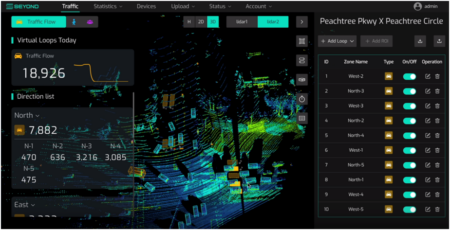According to a new report from Conduent, traffic and congestion remain a major issue for cities worldwide, and while new technologies, updated infrastructure and expanded mobility choices are helping to ease problems, the biggest factor in improving urban travel is changing human behavior.
A leading provider of public transport and mobility services, Conduent’s (formerly Xerox business processes division) new ‘Customer Experience of Urban Travel’ report is an extensive survey of mobility trends and preferences, conducted in 23 cities, across 15 countries. Respondents around the globe chose ‘driving their own car’ over other modes of transport for reasons including comfort (54%), ease of access (47%) and reliability (39%). However, driving is the mode of transportation cited most as involving frequent delays when travelling in and around the city. Respondents experiencing delays at least one day a week shared that delays cause them to miss out on time with their family and friends (61% – sometimes/frequently) or arrive late for work (51% – sometimes/frequently).
Delays may be a large contributor to stress and frustration, with nearly 40% of all respondents reporting the negative emotions of ‘stressed’ (23%) or ‘frustrated’ (16%) to describe how travel in and around their city makes them feel. Despite this experience with delays, people still choose to drive, signaling that transportation decisions are influenced heavily by habits, convenience and personal preferences influenced by factors such as infrastructure, culture and demographics.
Persuading drivers to use a multimodal transport system requires urban planners to look for levers that can drive change, such as speed and reliability of services, education and information. Respondents rated reliability of services (83%) and information (81%) as fairly or very important for future travel. In addition, nearly three-quarters of respondents (70%) said they would be encouraged to ride public transit more frequently if the journey time was faster.
“Transportation is an inherently personal decision. People primarily focus on their individual situation, factoring in speed, comfort and cost when determining how they’d like to travel,” said Don Hubicki, executive vice president of public sector transportation at Conduent.
“Providing more choices in line with our personal situations is key to changing behavior. People’s preferred travel choices aren’t always best for their communities. It’s time to think beyond transportation silos and present alternative options to create a better, more seamless travel experience. Despite an over-reliance on cars, our survey shows more than half of respondents find the proposition of a multimodal experience appealing.”




